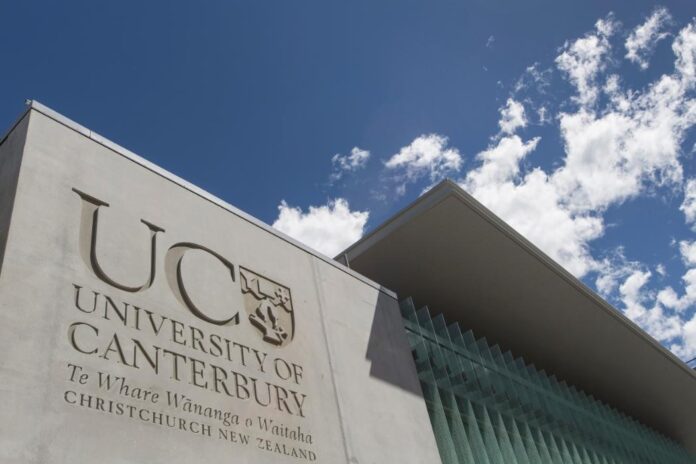Source: University of Canterbury
30 March 2021
The Association of Commonwealth Universities (ACU) has chosen University of Canterbury (UC) PhD student Fatma Abdelaal as a rising-star researcher of the Commonwealth Futures Climate Research Cohort.
UC Engineering PhD student, Fatma Abdelaal, has been selected by the Association of Commonwealth Universities to be on the Commonwealth Futures Climate Research Cohort.
The diverse cohort of 26 researchers comes from 25 ACU institutions across 16 countries, bringing a wide range of expertise, including environmental finance, built environment, marine toxicology, media and communication, plant biology, mitigation, adaption and disaster management.
Leading up to the UN Climate Change Conference (COP26) in November this year, the 26 researchers will build international collaborations and work with experts to influence issues related to climate and the environment in their communities and beyond.
Being a member of the climate research cohort will provide diverse ways to look at challenges and enable her to gain new perspectives on sustainability issues, Abdelaal says.
“I consider myself lucky to have been selected by the ACU and to be working on research that aligns with my passion for buildings and sustainability and my personal values. I am so proud and excited to be representing the University of Canterbury at the COP26 and contributing to the New Zealand Climate Action Plan.”
Abdelaal, an architectural engineer studying for her Civil Engineering doctorate at UC, says joining the research cohort is a chance to work as an international team to transfer knowledge into action.
“Regardless of how much a country or industry contributes to climate change, there are global consequences and we all are affected in some way or another,” she says.
“This research cohort is a unique opportunity for international researchers to exchange our knowledge and experience and to work closely with experts and policymakers from the Commonwealth countries to accelerate climate action and make real changes.”
Abdelaal’s PhD research focuses on integrating Whole Building Lifecycle Assessment (LCA) and Building Information Modelling (BIM) for Green Building Rating Systems. The ultimate goal of her research is to enhance sustainable buildings design and assessment, and to reduce buildings environmental impacts.
She believes applying academic research in industrial practice is important and enjoys working closely with industry.
“I recently worked with the New Zealand Green Building Council on managing green building certification, providing technical support and advice. It was a fulfilling experience to work on actual projects in New Zealand and make a real positive impact on the environment” she says.



